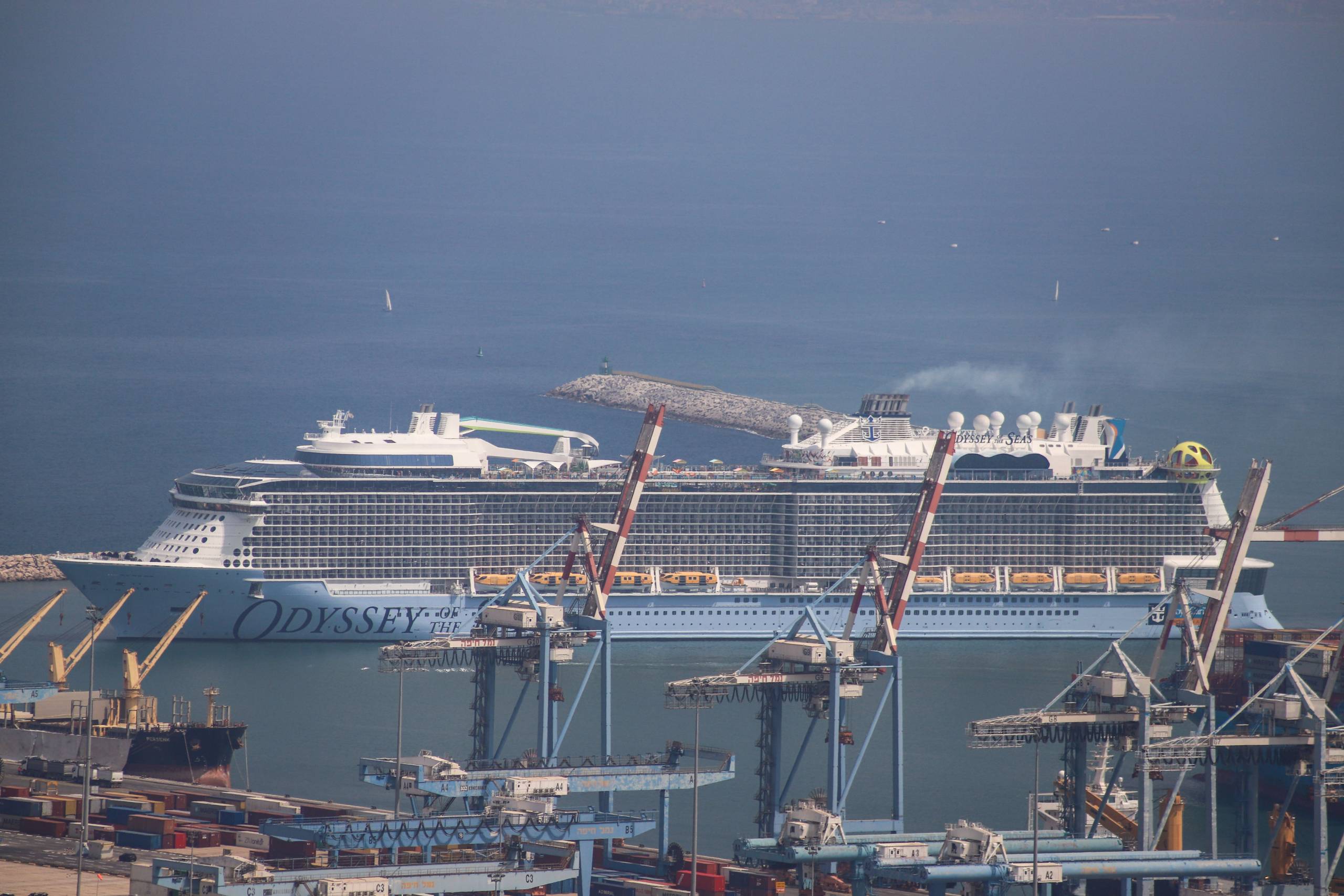Once upon a time, in the vast expanse of the ocean, a transformation was taking place. Royal Caribbean Group, a renowned cruise company, was determined to revolutionize waste management in the cruise industry and protect the very oceans they sailed upon. Their commitment to delivering exceptional vacation experiences responsibly led them to introduce groundbreaking technologies and initiatives that would forever change the course of their industry.
At the heart of their innovation were two of their newest ships, the Royal Caribbean International’s Icon of the Seas and Silversea Cruises’ Silver Nova. These ships would become pioneers in waste management by featuring the cruise industry’s first systems to convert solid waste into energy on board. The systems, known as Microwave-Assisted Pyrolysis (MAP) and Micro Auto Gasification (MAG), would transform waste into synthesis gas (syngas), providing the ships with a direct and sustainable source of energy. Not only did this technology reduce waste on board, but it also repurposed it in an efficient and environmentally friendly manner. The biochar produced as a byproduct of the process would even find its use as a nutrient for soil.
But Royal Caribbean Group didn’t stop there. They recognized that waste management had to be addressed holistically, from start to finish. One significant area they tackled was food waste. With a goal to reduce food waste across their entire fleet by 50% by 2025, the company implemented a range of initiatives. They developed a proprietary platform that monitored food supply and accurately estimated production needs. Using artificial intelligence (AI), they adjusted food production in real time to minimize waste. Additionally, a dedicated onboard food waste role was created to train and monitor crew members, while tracking guest demand helped optimize menu preparation and ordering. To raise awareness about food waste, a fleet-wide campaign was launched in crew dining areas.
Royal Caribbean Group’s commitment to responsible waste management extended to the ports they visited. Through their Green Hubs program, they collaborated with waste vendors in strategic destinations to divert waste from landfills. Since its inception in 2014, the program had expanded to 33 ports worldwide. In a significant milestone, the Galapagos Islands joined the Green Hub program, with Silversea becoming the first operator to achieve environmental management certification by diverting all waste from landfill. Their efforts ensured the preservation of the Galapagos Islands’ delicate ecosystem, safeguarding it for generations to come.
The company’s dedication to championing the environment had been ingrained in its DNA for over three decades. Their sustainability journey began long ago, and they constantly sought innovative solutions to improve energy efficiency, water treatment, and waste management. The introduction of waste-to-energy systems was a testament to their unwavering commitment to go above and beyond expectations, to sustain the planet, energize communities, and accelerate innovation.
As the news of Royal Caribbean Group’s transformative waste management practices spread, they inspired other cruise companies to follow suit. Together, they embarked on a collective mission to protect the oceans they called home. By converting waste into energy, reducing food waste, and expanding sustainable practices, they ensured that future generations would continue to enjoy the beauty and wonders of the seas.
And so, Royal Caribbean Group’s story of innovation, responsibility, and environmental stewardship sailed on, leaving a lasting impact on the cruise industry and the oceans they so dearly cherished.

Leave a Reply